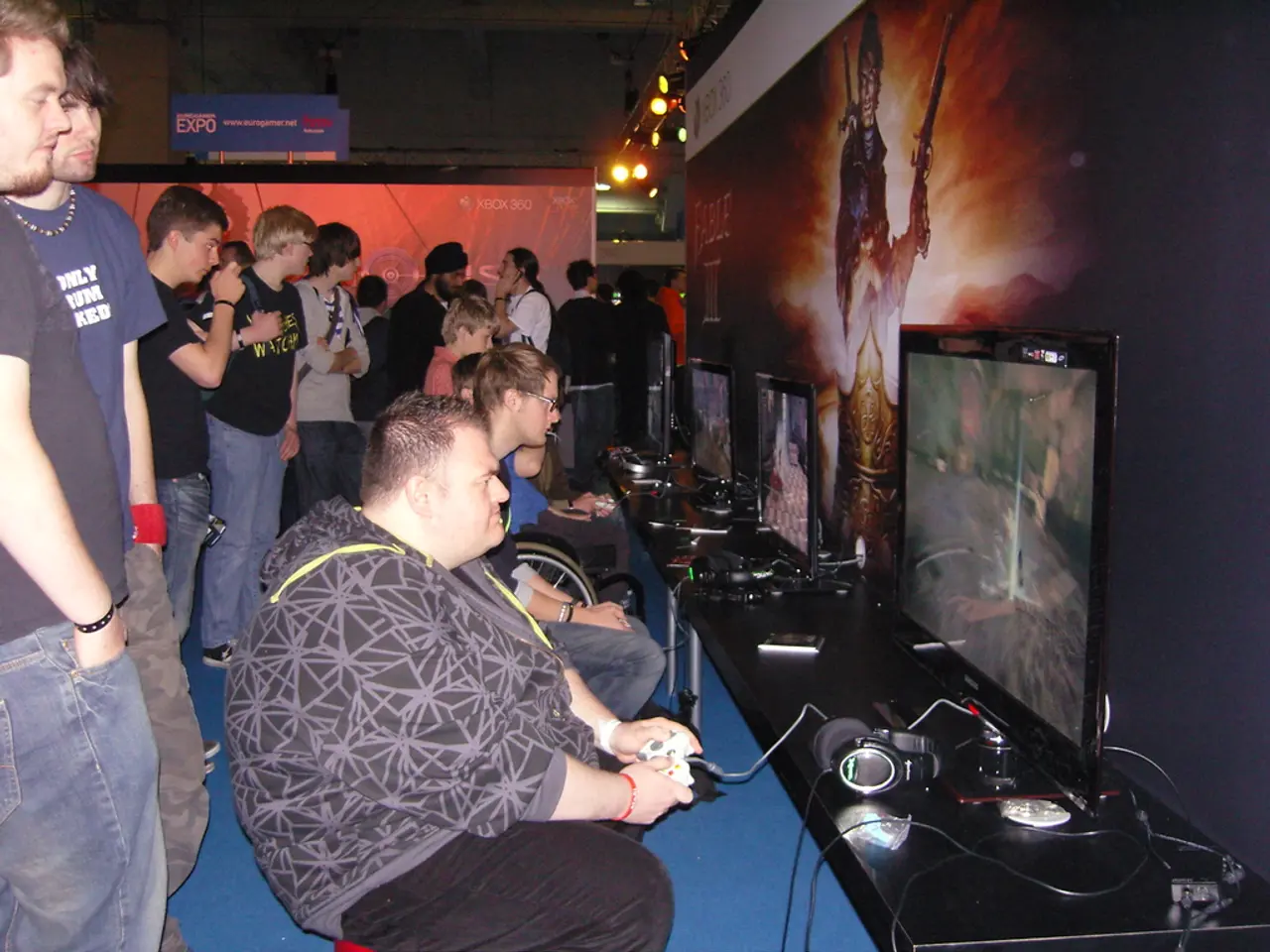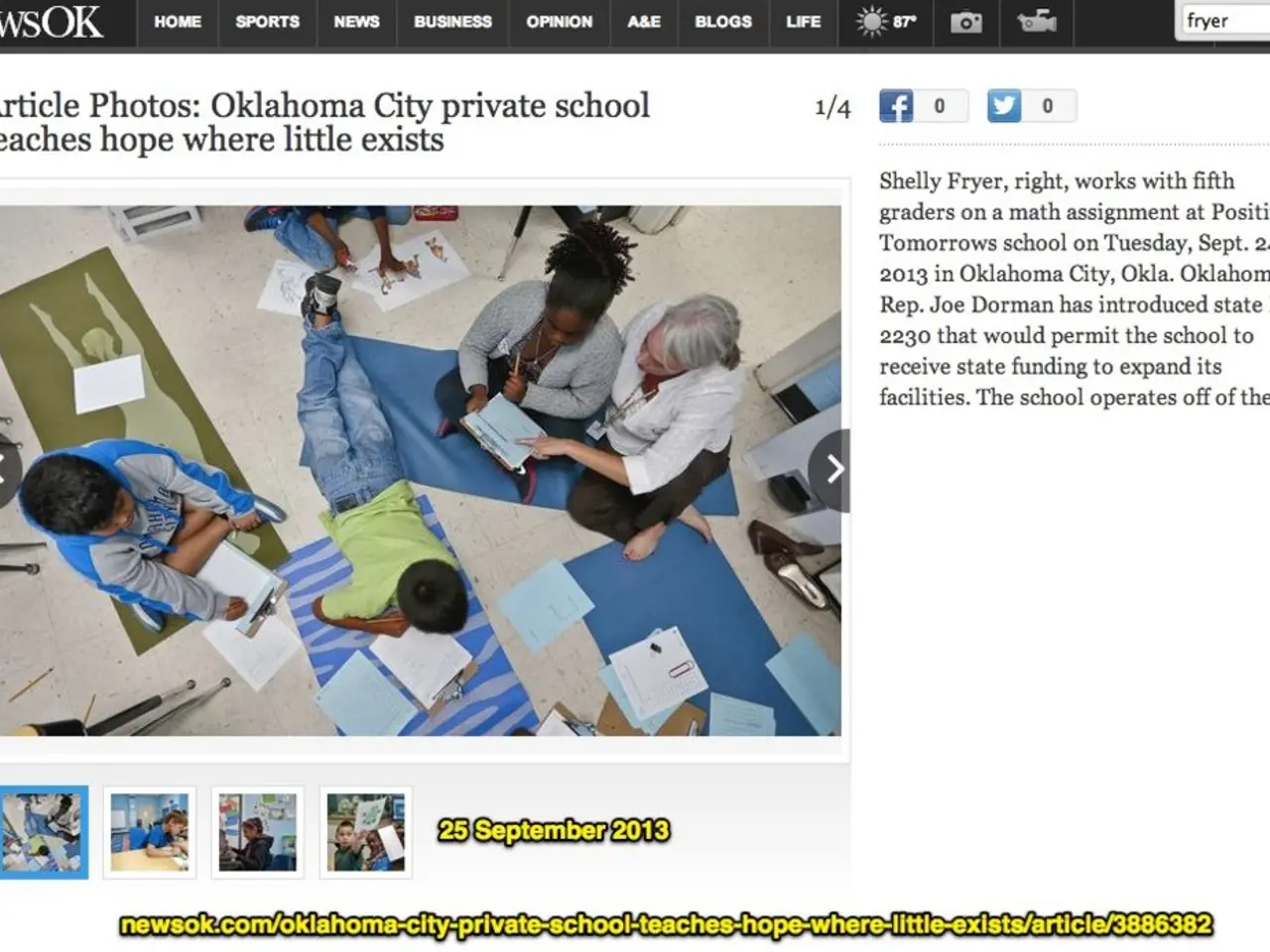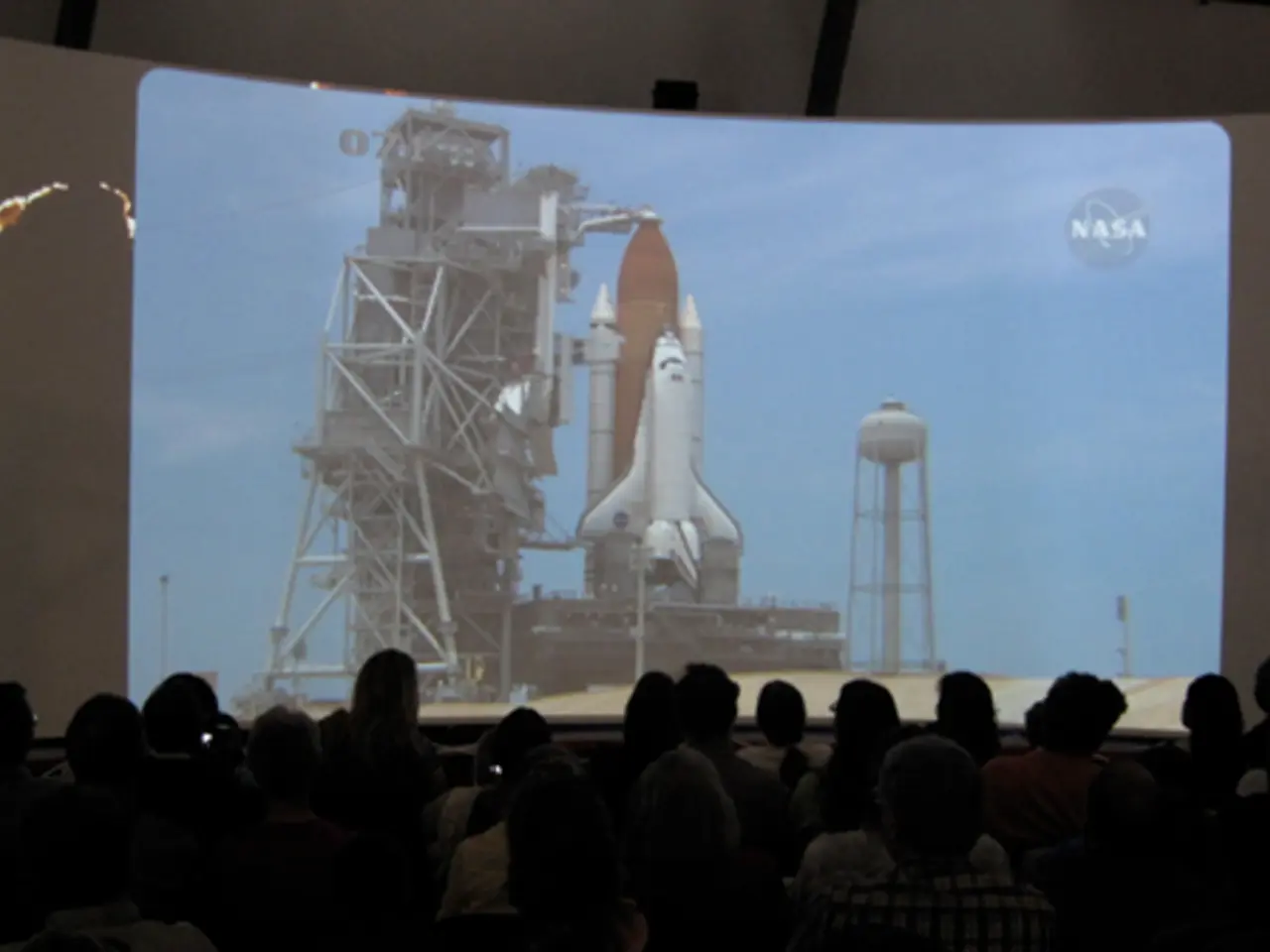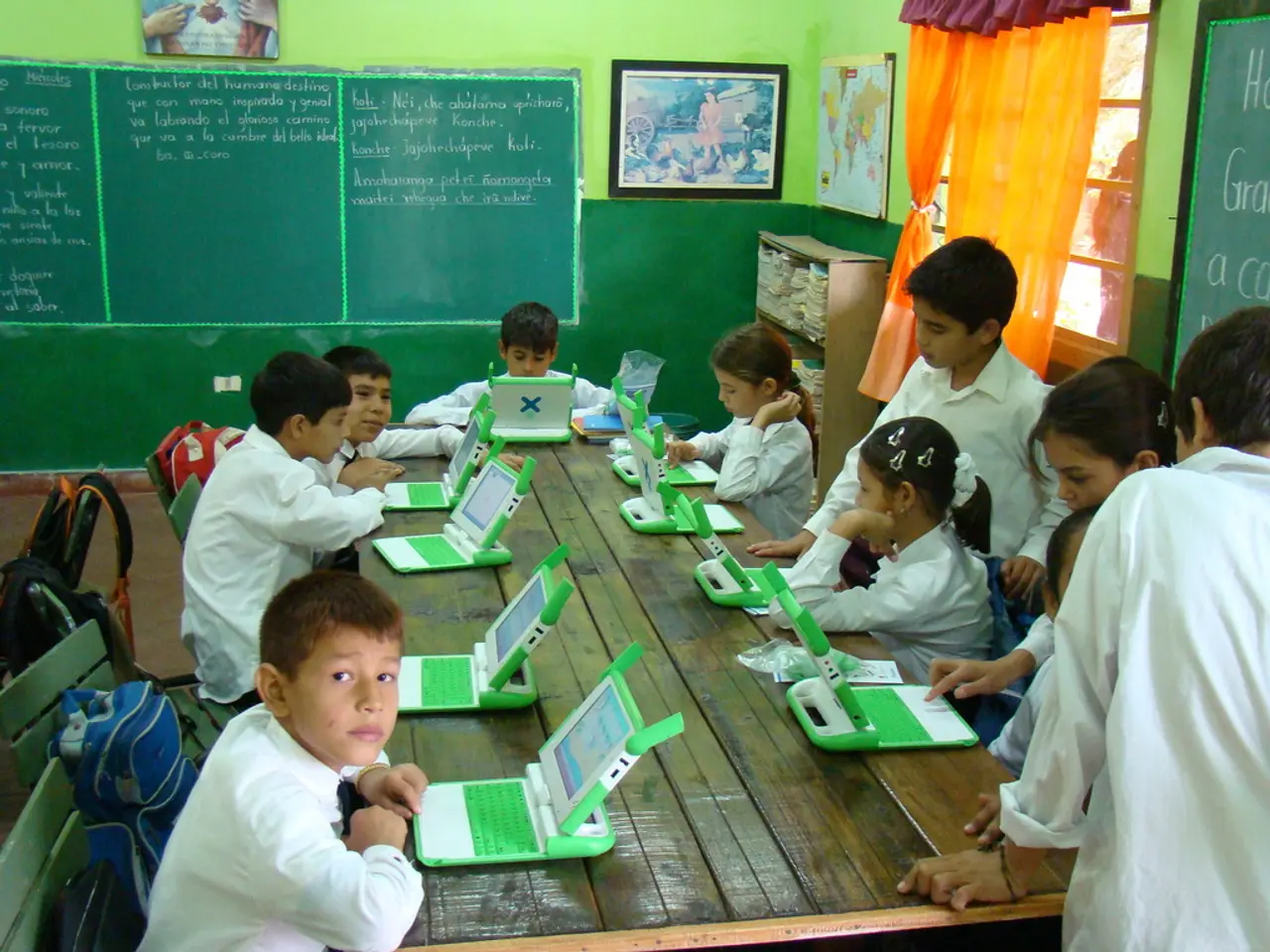The Metaverse Exploration: An Extensive Walkthrough
The metaverse, a shared, immersive, persistent, and 3D virtual space, is rapidly emerging as a hub of social and economic activity. This virtual world, created by the convergence of the physical and digital worlds, offers a unique and innovative experience for its inhabitants.
Crafted with high-fidelity graphics, spatial audio, and haptic feedback, the metaverse is an immersive multi-sensory experience. It's a canvas for user creativity, where individuals can create and modify their environments and experiences. Some existing metaverse environments include Roblox, Meta's Horizon Worlds, Decentraland, The Sandbox, and VRChat.
Roblox, for instance, allows users to create and monetize games, engaging over 200 million monthly active users in a user-generated content-driven ecosystem. Meta's Horizon Worlds focuses on immersive social interaction powered by VR, showing rapid user engagement growth and aiming to blend physical and digital experiences. Decentraland is notable for its virtual real estate market, where users buy, sell, and develop land parcels using NFTs, generating a significant virtual economy.
The metaverse is more than just a gaming or social networking platform. It's a digital economy and social ecosystem, blurring lines between gaming, social networking, and digital commerce. Persistent, shared digital environments that evolve continuously, strong blockchain integration, user empowerment to create, monetize, and trade within the platform’s economy, greater social interactivity combined with immersive technologies like VR and AR, strategic industry partnerships, and decentralized governance models are some of the characteristics that set metaverse platforms apart from traditional virtual worlds.
However, the metaverse also presents challenges. Misinformation and regulation are significant concerns, requiring developers to prioritize transparency and accountability. Privacy and safety are essential considerations, with the use of encryption, strong authentication mechanisms, and other security measures necessary to protect users. The metaverse can also pose risks to privacy and safety, including the potential for cyberbullying, harassment, and exploitation.
Accessing the metaverse requires specific hardware, such as virtual reality (VR) headsets and augmented reality (AR) technology, along with a stable internet connection and adequate infrastructure. The metaverse offers opportunities for education and work, with users able to attend virtual classes and collaborate with other users in a virtual workspace, providing a platform for people to work and learn without the need for physical presence.
The metaverse is a playground for innovation and experimentation, a vast and interconnected network of virtual spaces, each with its own unique design and purpose. It reflects the personal and cultural identities of its users, with avatars and environments that represent a wide array of backgrounds, interests, and styles. Branding and advertising opportunities are available, with companies able to create virtual experiences and events to promote their products and services.
Interoperability and standards are a challenge, requiring developers to work together to establish common standards and protocols. Gaming and entertainment are significant parts of the metaverse, offering users the ability to play video games with other users and attend virtual concerts, movies, and other events.
In conclusion, the metaverse is a rapidly evolving digital landscape that promises to revolutionise the way we interact, work, and play. As developers and policymakers collaborate to ensure appropriate oversight and regulation, the metaverse continues to offer exciting opportunities for innovation, creativity, and economic growth.
In the immersive digital landscape of the metaverse, individuals can engage in various activities beyond gaming and social networking, such as participating in a whole new economy where creativity, monetization, and trade are prevalent. For instance, platforms like Decentraland offer virtual real estate markets, allowing users to buy, sell, and develop land parcels using NFTs.
Furthermore, technology plays a crucial role in accessing and experiencing the metaverse, as specific hardware like VR headsets, AR technology, and a stable internet connection are required. Brands also find opportunities to create virtual experiences and events to promote their products and services, making the metaverse a significant area for advertising and branding as well.




